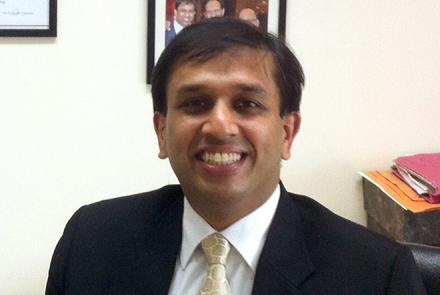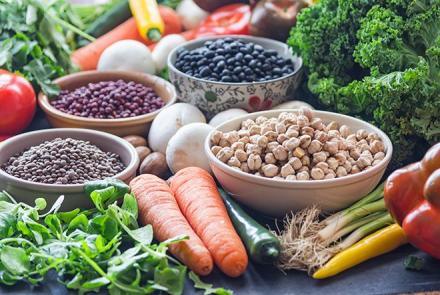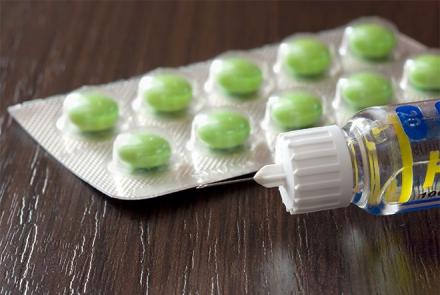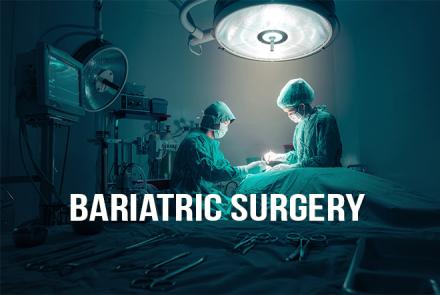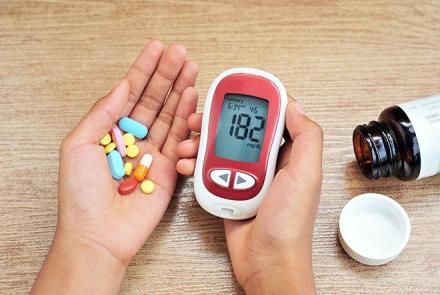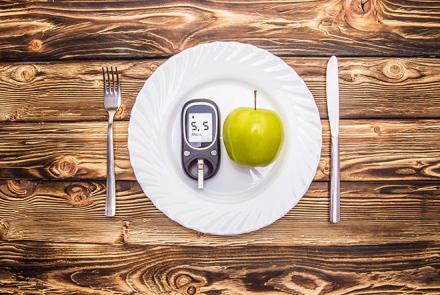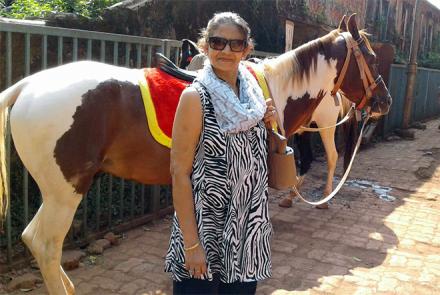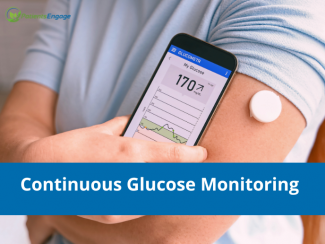
Many people with diabetes encounter difficulties with sex but are hesitant to address them. Some of you have asked us anonymously. Diabetologist Dr Rajiv Kovil from Mumbai offers some information and advice.
Sexual problems (sexual dysfunction) are common among people with diabetes. Both men and women with diabetes experience sexual difficulties as a result of complications from the disease.
How common is the problem?
Although no official statistics are available for the extent of problem in India, it is estimated that 50 to 70 percent of men and 40 to 50 percent of women with high blood sugar may have sexual difficulties because of nerve damage or diabetic neuropathy.
What sexual problems can occur in men with diabetes?
Erectile dysfunction — the inability to get or maintain an erection firm enough for sex — is common in men who have diabetes. It can stem from problems caused by poor long-term blood sugar control, which damages nerves and blood vessels. Erectile dysfunction can also be linked to other conditions common in men with diabetes, such as high blood pressure and coronary artery disease.
Men who have diabetes are two to three times more likely to have erectile dysfunction than men who do not have diabetes.
Many men are reluctant to discuss erectile dysfunction with their doctors. But don't let embarrassment keep you from getting help. One small conversation can make a big difference.
Here's what to do:
- Tell your doctor what's going on. Your doctor will consider underlying causes of your erectile dysfunction and can give you information about medication and other erectile dysfunction treatments.
- Ask what you need to do to control diabetes. Careful blood sugar control can prevent nerve and blood vessel damage that can lead to erectile dysfunction. Ask about other health problems. It's common for men with diabetes to have other chronic conditions that can cause or worsen erectile dysfunction.
- Ask if you're taking any medications that might be worsening your erectile problems, such as drugs used to treat depression or high blood pressure.
- Seek counselling. Anxiety and stress can worsen erectile dysfunction.
Treatments for erectile dysfunction caused by nerve damage, also called diabetic neuropathy, vary widely and range from oral pills, a vacuum pump, pellets placed in the urethra, and shots directly into the penis, to surgery. All of these methods have advantages and disadvantages.
What sexual problems can occur in women with diabetes?
Many women with diabetes experience sexual problems. Although research about sexual problems in women with diabetes is limited, one study found 27 percent of women with type 1 diabetes experienced sexual dysfunction. Another study found 18 percent of women with type 1 diabetes and 42 percent of women with type 2 diabetes experienced sexual dysfunction.
The symptoms of sexual dysfunction in women are:
- Inability to achieve orgasm
- Inadequate vaginal lubrication before and during intercourse
- Inability to relax the vaginal muscles enough to allow intercourse
- Lack of interest in or desire for sex
- Inability to become aroused
- Pain with intercourse
Causes of sexual problems in women with diabetes include nerve damage, reduced blood flow to genital and vaginal tissues, and hormonal changes.
For example, lack of arousal or pain during intercourse can create unsatisfying sexual experiences, which can lead to decreased desire and decreased arousal in subsequent experiences. Women who experience any of these conditions and find it distressing should discuss symptoms with their gynaecologist or other health-care provider. A number of medical and non-medical treatments, including the following, can help alleviate symptoms of sexual dysfunction and enhance a woman’s sexual pleasure.
Lubricants: In those women, who suffer from a lack of lubrication or from painful sexual intercourse, consider using a vaginal lubricant as a part of your sexual foreplay.
Oral Medications: Use of the male impotence pill, Viagra (sildenafil), has been investigated and some data suggests that it may be helpful to women who suffer with lubrication and vaginal sensitivity problems.
Hormone Replacement Therapy: Women who do not have adequate levels of circulating estrogen—such as in the post-menopause period—may find hormone replacement therapy to be helpful, but consideration of cardiac risk is important.
Talk to your healthcare professional about your options.
Dr Rajiv Kovil, is Consultant Diabetologist and Director, Dr Kovil’s Diabetes Care Centre, Mumbai

